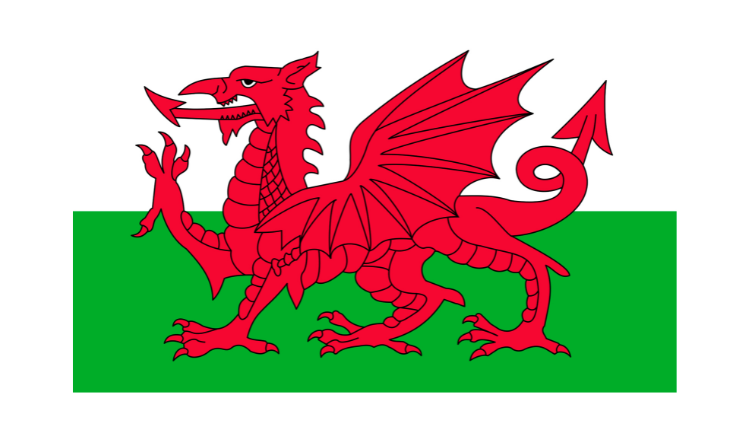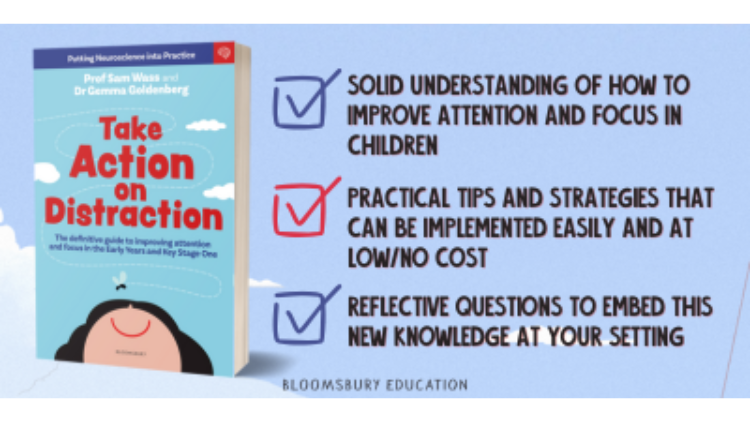Angela Gamble, Information, Advice and Guidance Manager at PACEY
In early years it is common practice to use flour in play, whether that be in homemade play dough or other craft activities, but did you know flour is a raw ingredient and should be cooked or baked to make it safe?
Raw flour can contain bacteria such as Escherichia coli (E. coli) and cause food poisoning if consumed.
Please note the FSA guidance has been updated since the publication of this blog. Please refer to this updated BLOG: Raw flour update | PACEY
The Food Standards Agency recommends that children don’t play with or eat raw dough, including dough for crafts, unless it has been heat-treated beforehand. You can treat flour by heating it to make it safe. You can then use it to make foods like raw cookie dough or in dough for crafts. Here is the guidance to heat treat flour:
Use a food thermometer to check the temperature of the flour when cooking. The flour should be heated to 70°C for a minimum of 2 minutes. If you don’t have a thermometer, make sure to stick to the following timings and temperatures.
Using an oven:
- Pre-heat the oven to 200°C/fan 180°C/gas mark 4
- Spread the flour out evenly on a lined baking tray and bake for 5 minutes, stirring half-way through.
- Ideally, use a food thermometer to check the temperature of the flour in a few different spots when stirring and after 5 minutes
- The flour should be heated to 70°C for a minimum of 2 minutes
- Make sure to cool the flour before using
Using a frying pan:
- Tip the flour into a heavy-based frying pan and place over a medium heat
- Stir constantly for about 4 minutes until all the flour is hot
- Ideally, use a food thermometer to check the temperature of the flour in a few different spots
- The flour should be heated to 70°C for a minimum of 2 minutes
- Make sure to cool the flour before using
Read the full article from FSA here Raw flour | Food Standards Agency
Cornflour
The risk with cornflour is similar to that of any other raw flour such as wheat flour and should be treated and handled in the same way. You should be aware that the texture and properties of corn flour may be affected by heating.
The Food Standard Agency advise if you are not able to heat-treat in your setting, then you can consider if and how the activity can be carried out safely. Your usual hygiene measures will help to reduce the risk e.g., make sure hands are washed before and after playing, clean surfaces and utensils carefully and try to avoid children putting it into their mouths as much as possible. Good hygiene measures as above will help to reduce but not eliminate the risk. It would be down to the setting to assess the risk, similarly to other activities that include products which are not meant for consumption.
Now you know!
When making play dough we would recommend either heat treating the flour following the guidelines from the FSA above before using it as an ingredient or using a cooked play dough recipe, ensuring the minimum temperature is reached for the minimum of two minutes.
Cooked play dough recipe
Ingredients:
- 2 cups of plain flour
- 2 tbsp. of cooking oil
- 1 tsp. cream of tartar
- 2 cups of water
- 1 cup of salt
- food colouring
Directions:
- Add the food colouring to the water.
- Place all the ingredients in a medium size or large pan.
- Cook slowly on medium to high heat and stir until the playdough thickens.
- Check the temperature of the dough reaches 70°C for a minimum of 2 minutes
- Allow to cool and knead to reach a smooth consistency
Keep the finished playdough in the fridge in a sealed container, that way it lasts longer.
As always hygiene is paramount:
- Wash hands with soap and warm water after handling flour or any surfaces they have touched
- Wash bowls, utensils, and other surfaces with warm, soapy water or a suitable cleaning agent
- Make sure countertops are cleaned thoroughly



